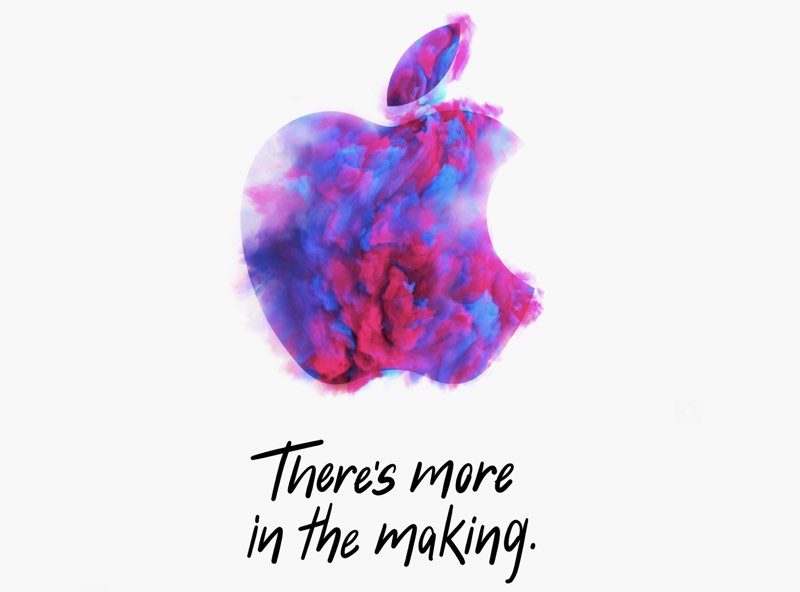Watch the keynote where the intel switch is announced - they'd basically been making MacOS for intel in parallel for 5-6 iterations before the switch. Considering iOS uses many of the same underlying technologies, but on ARM, I find it inconceivable they haven't been tinkering with MacOS on ARM for at least as long as iOS has existed. All things considered they are probably an order of magnitude better placed to switch to ARM today than they were to switch to intel 15 years ago.
Yup. IIRC, in addition to the OS being developed in parallel on intel, Steve Jobs had this rule that required all major Apple native software to be submitted to a mysterious secretive group within Apple that made sure it was following all the design rules for Mac OS X. What other people there didn't realize though was that they were recompiling the software on Intel to ensure that it the software wasn't being designed into a corner. This had been going on for years.
That's funny, I guess my memory is fuzzy. I remember a big announcement that Apple was switching from PowerPC to Intel, along with a timeline for the first machines to start showing up and lots of reassurances of significant continued support for legacy PPC machines. E.g., Apple didn't just switch by showing up at an event with intel machines - if Apple is indeed porting MacOS to an A-series architecture, they would probably announce it way before any machines are available, give all developers a timeline and a bunch of tools to help them get their apps up and running and we'd get to wait 12 to 18 months for real hardware.
There seems to be speculation that Apple can just show up at the next event with MacOS laptop running on an A12. That doesn't seem possible to me. But I love surprises...
EDIT: Not possible for Apple to show up at an event with A-series laptops ready for sale - of course they could show us a prototype as part of an official announcement of their efforts.
They could show up at an event with A-series laptops ready for sale. They wouldn't necessarily do that, but they could. The key here is they could happily continue selling Intel laptops too. For Apple apps, they would
already be running on ARM. The problem is third party apps.
That's one reason why a possible switch didn't bother me when I bought a new MacBook last year. The most compatible in the near term will be Intel laptops, so if I were buying today, I'd still buy an Intel laptop. The main things I need are macOS, Apple software, MS Office, and some third party software. I suspect they might work with MS ahead of time, but there would still be need for time for Office on mac ARM to mature, so waiting for a few years to upgrade wouldn't bother me.
During the transition period, Apple could go with fat binaries again, that would be compatible with both ARM and Intel platforms.
As for a translation layer like Rosetta? I don't know if I'd want that, but FWIW, it could work for some applications like Office during the transition period, now that we have A chips that can do more than 11000 in Geekbench 4 multi-core. Even with the performance hit, the performance would be acceptable for some students and some business users who are used to MacBook-level performance.


